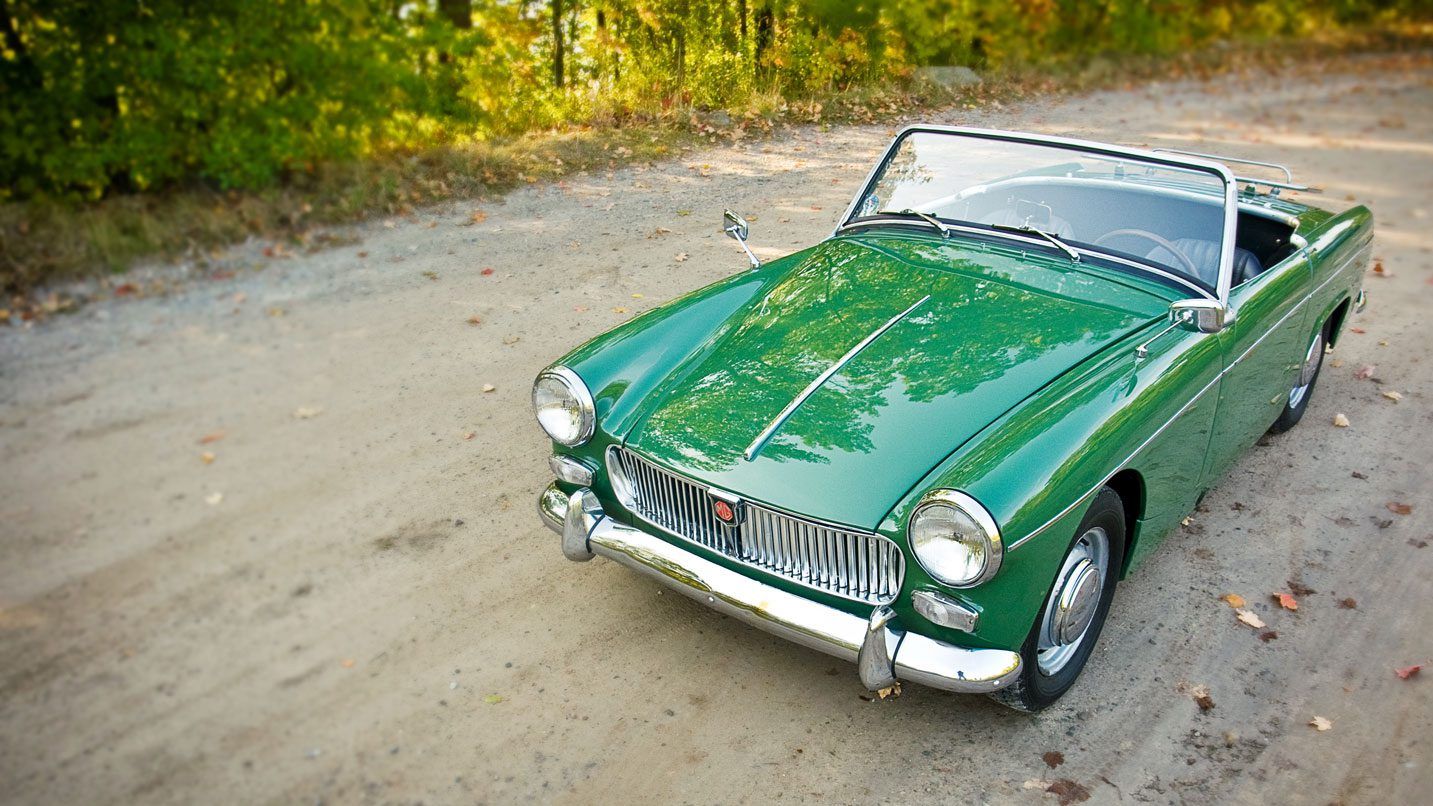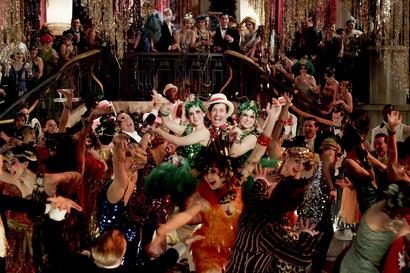

Words: Jonathan Wells
The road to buying a classic car is fraught with potholes and pitfalls.
They may be beautiful to look at, a delight to drive and a pleasure to clean but, from engine troubles to bodywork issues, a patch of rust here or a misadjusted carburettor there and your vintage car dream will soon turn into a nightmare.
Of course, there are ways you can avoid such agonising outcomes – and principal amongst these is good preparation. Gentleman’s Journal paired with Graeme Hunt, London’s most refined classic car dealer, to compile a foolproof guide to investing in a classic motor.
These are the rules of classics – so get in gear, read on, and it’ll be smooth running from here on out.
“If you are new to the classic car market,” advises Graeme Hunt, “don’t rush in.
“If you want to buy a classic car, you should always buy the best example you can afford of the model of your choice. And, whilst this model will be entirely dependent on your desire – a classic car should always be something you desire and not something that you need – you should wait until you can afford a good example of whichever car you choose.”
So, first decide on your motor of choice. This may be a car your family owned when you were a child, or simply a vehicle you’ve always admired for its period look. But, whatever you plump for, there must be examples still on the road that aren’t rusted through. Hunt advises that you seek out these superior specimens and, if you can’t find anything, consider choosing another classic.
“If you can,” suggests Hunt, “always enlist the help of either a professional expert.”
“To ensure that you’re buying from a reputable source,” the car dealer continues, “find somewhere with premises and a solid and well-founded reputation. This will both ensure that you don’t buy a faulty vehicle and mean that you are backed up with after-sale care from a proper dealer.”
Try consulting one of the many online directories to find a trusted dealer, or ask around at classic car shows for who is the best for which make of car. Hunt also suggests, as well as not buying from a business without a premises, that you should never buy from an auction – even if you have the opportunity to thoroughly check the car. The reason? Auction houses never offer the after-sale support you may find invaluable a little further down the road.
“Try to find classic cars which either have been rebuilt properly and professionally, or have a complete – by which I mean complete since new and not partial, with gaps here and there – history.
“If you are looking for a restored classic” Hunt adds, “for each marque there are known and accredited experts who specialise in each brand. Find one such expert, who is accepted as providing restoration to an acceptable standard, and carry out the same checks as you would with a dealer.”
Paperwork is key when it comes to investing in a classic car. A full history will account for your vehicle’s service history and whereabouts since new, and it is imperative you have a log of all engineering work carried out in case you need it later down the line.
Although Hunt believes that it is always best to get a professional opinion before you buy, the car dealer reveals that there are some warning signs so blatant that even the untrained eye can spot them.
“Some cars you go to look at may look smart on the surface,” says Hunt, “but they may not meet acceptable levels of proficiency where the eye cannot see. Take a look and start it up and have a look around nonetheless.
“If you see rust – run away. If the engine smokes – run away.
“These cars are expensive,” Hunt concludes, “so you must always solicit the advice of an expert or buy from a recognised dealer – it will save you thousands of pounds in the long run.”


